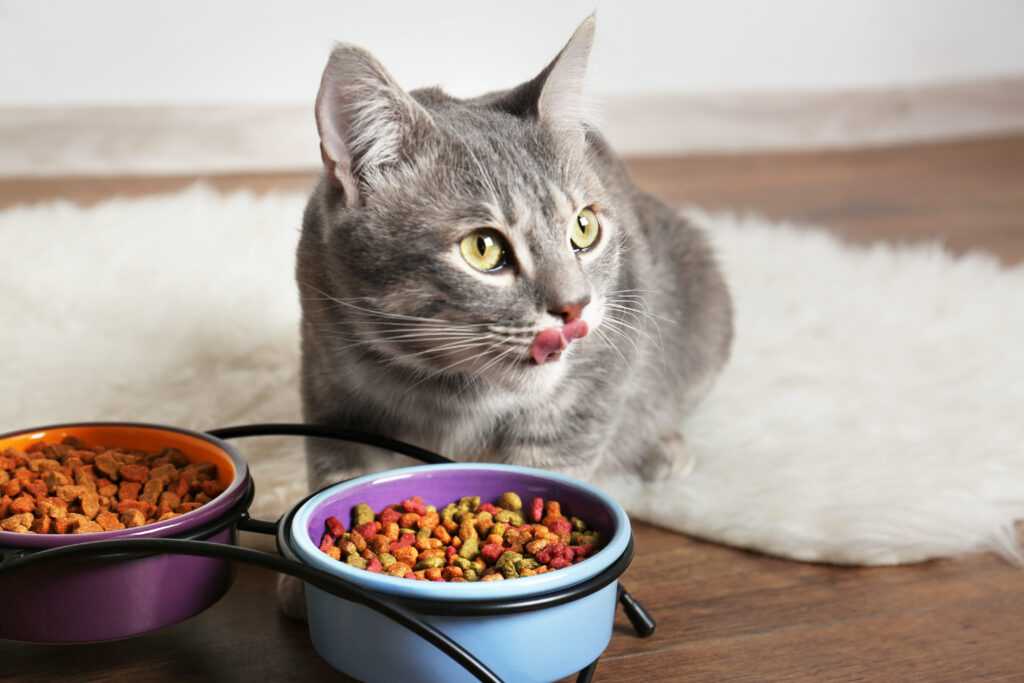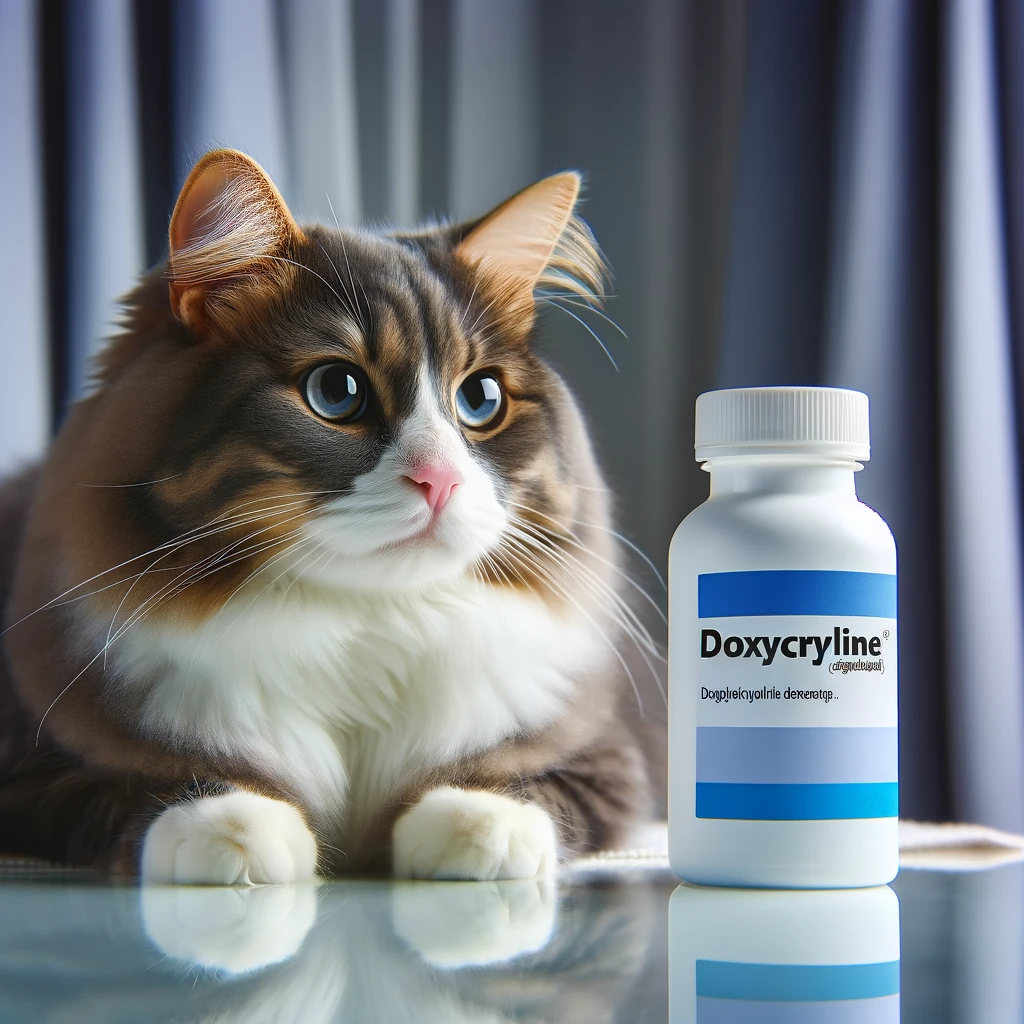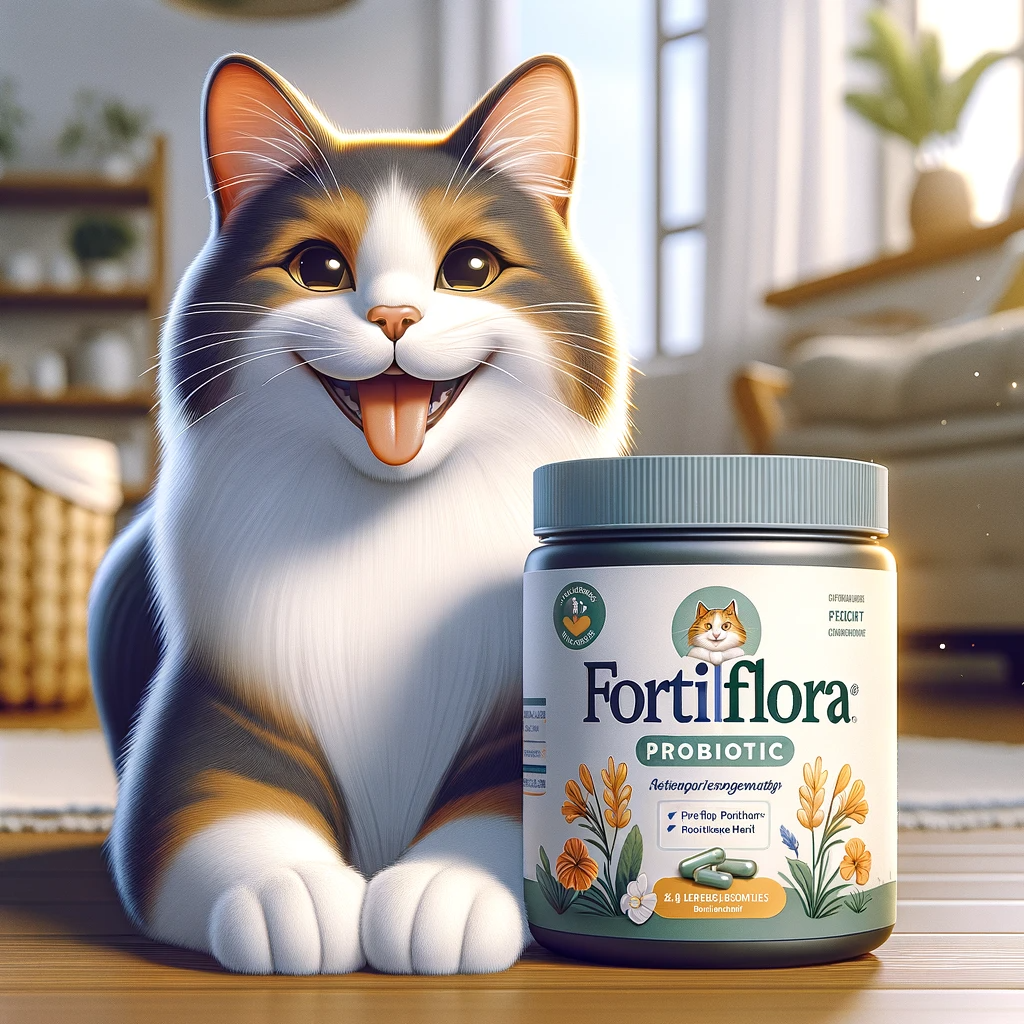Cats, like all animals, require a balanced diet to thrive. Within that diet, specific vitamins and minerals play crucial roles in maintaining their overall health. Understanding these essential nutrients is key to ensuring your feline friend stays happy and healthy.

The Vital Vitamins and Minerals in Cat Food
- Vitamin A: Promotes vision health, supports a strong immune system, and is essential for healthy skin development. Found in ingredients like liver, fish oil, and egg yolks.
- B Vitamins (Thiamin, Riboflavin, Niacin, etc.): This group of vitamins assists in everything from metabolism and energy production to nervous system function. Look for ingredients like chicken, beef, fish, and whole grains.
- Vitamin D: Helps regulate calcium and phosphorus levels, ensuring strong bones and teeth. Sources include fatty fish and egg yolks.
- Vitamin E: A potent antioxidant, Vitamin E protects cells from harmful free radicals and supports the immune system. Found in oils like sunflower oil and wheat germ oil.
- Vitamin K: Essential for proper blood clotting. Naturally found in leafy green vegetables and liver.
- Calcium & Phosphorus: These two work in tandem for strong bones and teeth. Good sources include dairy, bone meal, and fish
- Potassium: Key electrolyte for nerve and muscle function, found in meat, poultry, and some varieties of fish.
- Sodium & Chloride: Electrolytes responsible for fluid balance and nerve signaling. Found in standard table salt, though it’s readily present in most commercial cat foods.
- Magnesium: Contributes to bone health and numerous metabolic processes. Found in whole grains, fish, and meat.
- Iron Required for red blood cell production and oxygen transport. Included in ingredients like red meat, liver, and some cereals.
Commercial Cat Food: The Convenient Option
Choosing the right cat food can be very tricky. The importance of food in cats can’t be overemphasized. Most owners get confused when shopping for their cat food. Most well-formulated commercial cat foods provide these essential nutrients in the needed ratios. Look for AAFCO-certified foods and consider these factors:
- Age: Choose a food designed for your cat’s life stage (kitten, adult, senior).
- Quality: Look for high-quality protein sources such as meat, poultry, or fish as the first few ingredients.
- Brand Reputation: Reputable brands invest in research and adhere to strict quality standards ([Example 1], [Example 2], [Example 3] – Prices will vary)
DIY Cat Food: Proceed with Caution
Homemade cat food recipes can be tricky. Achieving the correct nutritional balance is crucial to avoiding deficiencies. Here’s what you should know:
- Not for beginners: Unless you have extensive knowledge of feline nutrition, it’s safest to stick with commercial options.
- Vet consultation is a MUST: Work with your vet to formulate a well-balanced recipe tailored to your cat’s individual needs.
- Nutritional Supplements: May be necessary to fill any gaps in a homemade diet.
Expert Advice
- “More” isn’t always better: Over-supplementation of vitamins or minerals can be harmful.
- Water is King: Clean, fresh water is always the most important “nutrient” for your cat.
- Talk to Your Vet: They are your best source for personalized nutritional guidance, especially if your cat has any health conditions.
By understanding the importance of vitamins and minerals, and making informed choices about their diet, you set your cat up for a long, healthy, and purr-fectly happy life!



